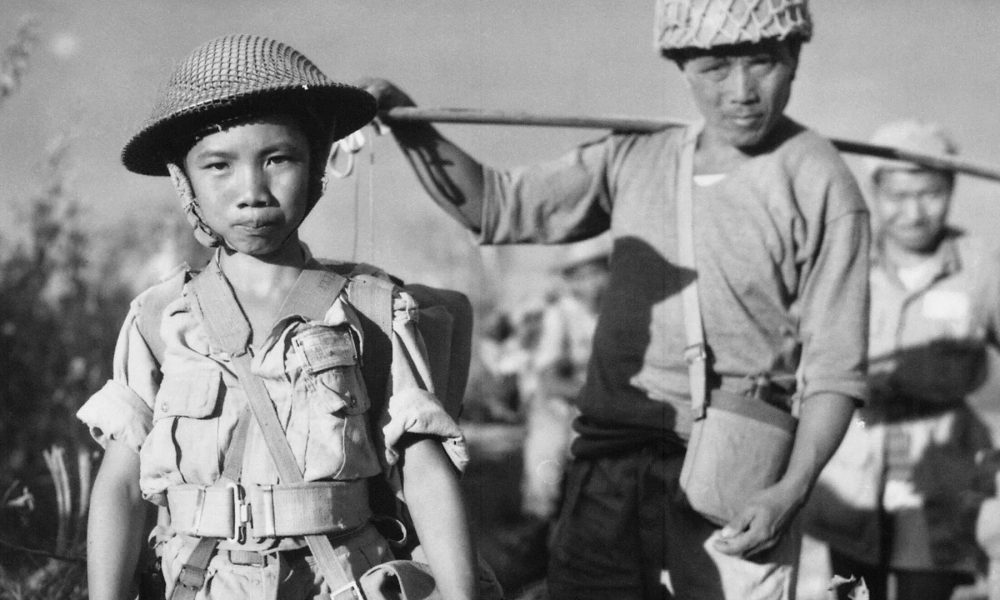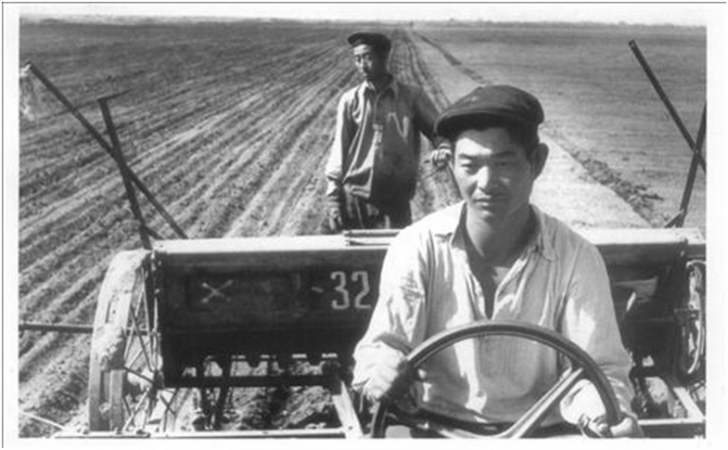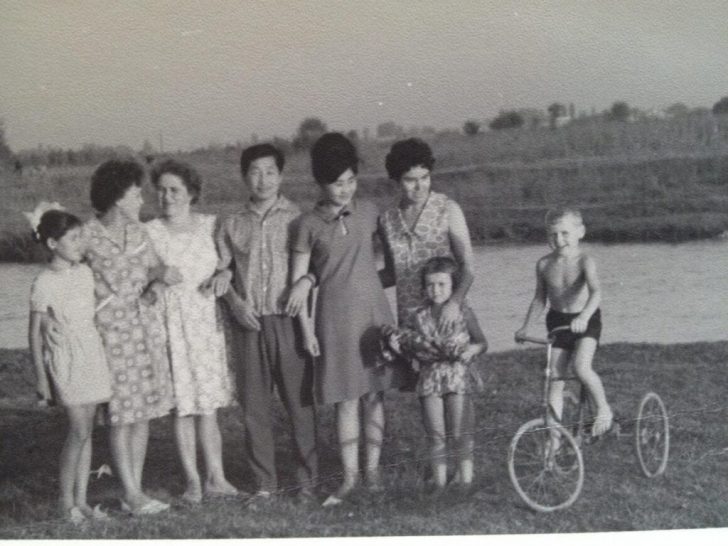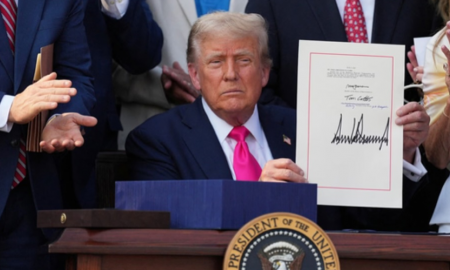
Koreans in Uzbekistan: A Look Back at the Untold Side of History

The story of Koreans in Uzbekistan is a fascinating chapter in world history, yet it remains largely untold. This tale begins in 1937 – during a turbulent period of global tension – when the Soviet Union forcibly relocated thousands of ethnic Koreans to the republics of Uzbekistan and Kazakhstan. Growing suspicions that these Koreans could be spies for the Japanese empire – combined with increasing xenophobia – led to a shocking mass deportation order from Soviet leader, Joseph Stalin.
For many, the idea of Koreans living in Central Asia seems surprising. How did they get there? Why were they targeted by the Soviet government? These questions offer a glimpse into the often-overlooked human impact of political paranoia, war, and survival.
The Mass Deportation of Koreans in Uzbekistan
Koreans in Uzbekistan trace their roots back to the mass deportations that took place under Stalin’s rule. Fearing that Koreans living near the Russian Far East might be collaborating with the Japanese, Stalin signed a decree in 1937 to forcibly relocate nearly 172,000 ethnic Koreans. Most were sent to Kazakhstan and Uzbekistan – far away from any potential influence from Japan.

History / The agricultural expertise of the deported Koreans played a crucial role in transforming the barren lands into productive farmlands.
Upon arrival, Koreans faced harsh living conditions. They were dropped in unfamiliar, often inhospitable environments, without adequate housing, food, or resources. Despite these challenges, the Koreans in Uzbekistan showed incredible resilience.
Over time, they began to build new lives, forming tight-knit communities and contributing to the agricultural development of the region. Though they were forcibly removed from their homeland, their enduring spirit became a cornerstone of their survival and success.
Life in Uzbekistan
Life was tough for the Koreans in Uzbekistan in the early years of their deportation. The majority were placed in rural areas where they were expected to farm. However, the conditions were grueling. They lacked the necessary tools and familiarity with the Central Asian terrain.
During World War II, the Korean community faced further hardship, as the Soviet government tightened control and resources were scarce. Despite this, their contributions to agriculture helped supply food to the Red Army, strengthening their reputation as a hardworking and loyal community.
Over the years, Koreans became integral to Uzbekistan’s agricultural economy, particularly in growing rice, corn, and cotton, which were vital crops for the Soviet Union.
Cultural Identity and Adaptation
One of the most remarkable aspects of the Koreans in Uzbekistan is how they managed to maintain their cultural identity while adapting to their new surroundings. Despite being cut off from their homeland, they preserved their language, traditions, and customs.

AJ / Over time, Korean schools were established, and cultural festivals became an essential part of their community life. This was to ensure that future generations would not forget their roots.
However, integration into Soviet society also required some compromises. Many Koreans learned Russian and Uzbek to better assimilate into the local culture. Intermarriage between Koreans, Uzbeks, and other ethnic groups in the region became more common. As a result, the identity of Koreans in Uzbekistan became a blend of their Korean heritage and Central Asian influences, creating a unique cultural hybrid.
Despite these challenges, the Korean-Uzbek community continued to make remarkable contributions to the country’s development. Today, they are known for their success in various industries, including business, education, and the arts. The community is also actively engaged in preserving its cultural heritage, with organizations and cultural centers that promote Korean language education and traditions.
Today, there are approximately 177,270 South Koreans in Uzbekistan who are called Koryo-Saram.
More in Culture
-
`
What’s Changing for Student Loans After Trump’s New Spending Bill?
The passing of President Donald Trump’s latest spending bill is shaking up more than just tax brackets and business deductions—it’s poised...
July 16, 2025 -
`
Why Big Tech Is Divided on the Future of Artificial General Intelligence
Fifteen years ago, the founders of DeepMind—Sir Demis Hassabis, Mustafa Suleyman, and Shane Legg—set a bold goal: “Build the world’s first...
July 1, 2025 -
`
Planning a Wedding? These Money-Saving Tips Actually Work
Weddings are meant to be memorable, not financially draining. But for many couples, the cost of tying the knot often brings...
June 24, 2025 -
`
Did MrBeast Really Borrow Money From His Mother for His Wedding?
YouTube star Jimmy Donaldson, widely known as MrBeast, sparked surprise when he shared a personal update on X. Despite leading the...
June 17, 2025 -
`
How Smart Technology Is Changing the Way We Travel
Technology has reshaped nearly every part of modern life, and travel is no exception. From how we plan trips to how...
June 12, 2025 -
`
Why Some Tech CEOs Are Replacing Themselves With AI Avatars
In a move that signals a shift in how corporate communication is handled, major tech CEOs are beginning to hand the...
June 3, 2025 -
`
Is Innovation Dead in American Pop Culture?
Has something changed in the way we engage with American pop culture? Scroll through your favorite streaming service, tune into the...
May 27, 2025 -
`
7 Key Steps to Start a Profitable Digital Products Business
Starting a digital products business offers an exciting opportunity to turn your skills and knowledge into a revenue-generating venture. Whether you’re...
May 20, 2025 -
`
Mercedes-Benz Introduces the Vision V – An Ultra-Luxury Electric Limousine
The introduction of Mercedes-Benz’s Vision V concept represents a significant advancement in the field of electric vehicles. This electric minivan is...
May 13, 2025














You must be logged in to post a comment Login